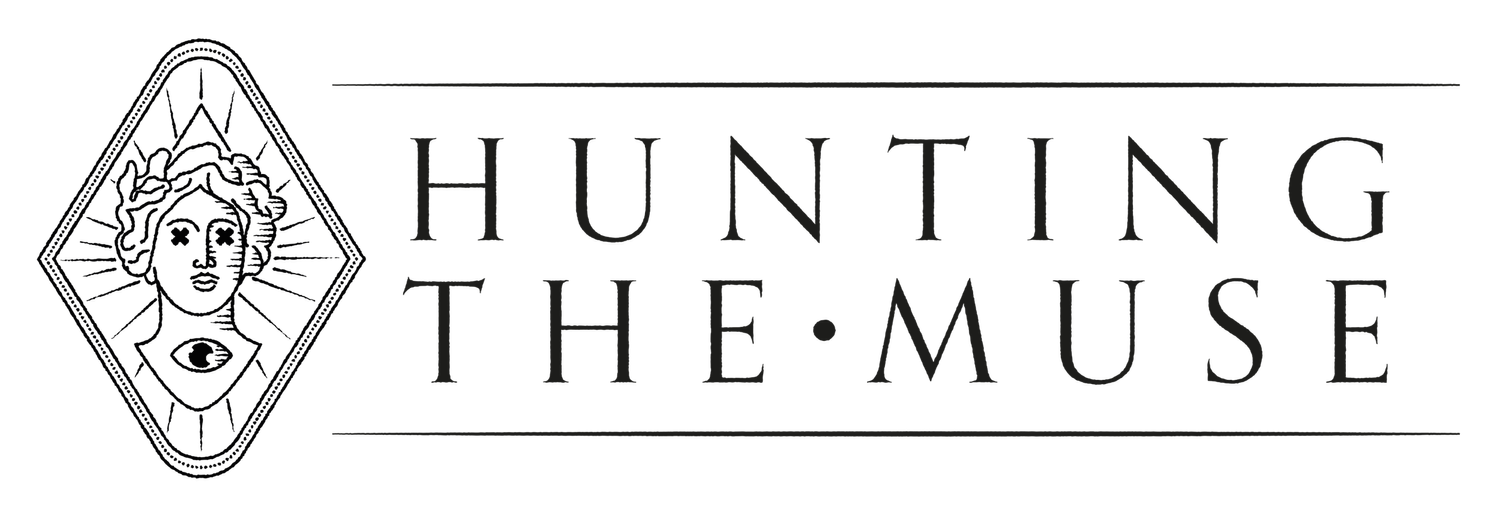Why you should leave a legacy. Even if it’s a shit one.
“Don’t try”
Charles Bukowski was a miserable guy who had a miserable life.
The novel Ham on Rye follows Bukowski’s early years, which were overflowing with sadness, abusive parents and immense acne problems. His other work, including the seminal Post Office, depicted a world of dead-end jobs, misogyny, and lots (and lots) of alcohol.
Although his stories follow the fictional alter ego Henry Chinaski, Bukowski exposes himself completely through his stories: he knew no other life, so he could write no other life.
Despite this, his popularity surpassed everyone’s expectations after an editor at a small independent publisher supported him and his work. And despite his coldness and general dislikeable character, he made it as a novelist and poet.
But he didn’t get there by trying to impress anyone or make anyone feel like they were missing out. He wasn’t craving exposure. In fact, he opens Post Office with the line ‘Dedicated to nobody’. Instead, he was fulfilling an internal need to create. He showed up, and success followed.
In one of his most famous poems ‘so you want to be a writer?’ he wrote:
if it doesn’t come bursting out of you
in spite of everything,
don’t do it.
unless it comes unasked out of your
heart and your mind and your mouth
and your gut,
don’t do it.
if you have to sit for hours
staring at your computer screen
or hunched over your
typewriter
searching for words,
don’t do it.
if you’re doing it for money or
fame,
don’t do it.
if you’re doing it because you want
women in your bed,
don’t do it.
if you have to sit there and
rewrite it again and again,
don’t do it.
if it’s hard work just thinking about doing it,
don’t do it.
I have thought about these words a lot. And in a world filled with digital distractions and an endless barrage of ways to waste time, these words are intimidating. And it’s not just me that feels it either.
Want a shock? Take a look at your iPhone settings and check out your screen time today. I’m willing to bet that it’s on its way to surpassing 3 hours by the end of the day.
We live in a golden era to be creative, with endless tools to be creative with, yet most of us are comfortable only consuming instead.
With phrases like ‘binge-watch’ part of everyday vocabulary, and a world where we scroll through Instagram before our brain has a chance to boot up in the morning, Chuck Palahniuk’s words in Lullaby stand out to me:
Old George Orwell got it backward. Big Brother isn’t watching. He’s singing and dancing. He’s pulling rabbits out of a hat. Big Brother’s busy holding your attention every moment you’re awake. He’s making sure you’re always distracted. He’s making sure you’re fully absorbed. He’s making sure your imagination withers. Until it’s as useful as your appendix. He’s making sure your attention is always filled. And this being fed, it’s worse than being watched. With the world always filling you, no one has to worry about what’s in your mind. With everyone’s imagination atrophied, no one will ever be a threat to the world.
Sure, not every creator is born to change the world, and striving to achieve perfection is pointless. Bukowski knew this better than anyone. It’s why his gravestone epitaph reads ‘Don’t try’. The world moves so quickly that those ‘trying’ are overtaken immediately by those ‘doing’.
Really, we are living in the easiest age to create a legacy. If not for yourself, than for your children, your children’s children, and your children’s children’s children.
Thanks to today’s technology, the future generations will never get a greater window into who their great-great-grandparent was.
And this is why we shouldn’t let the pressures of Bukowski’s words intimidate us. If it feels natural to create something, then we should create it. No matter how ordinary life may seem, you also have something to share — even if it’s just for the generations that come after you.
But then again, if it’s hard work just thinking about it,
don’t try.


